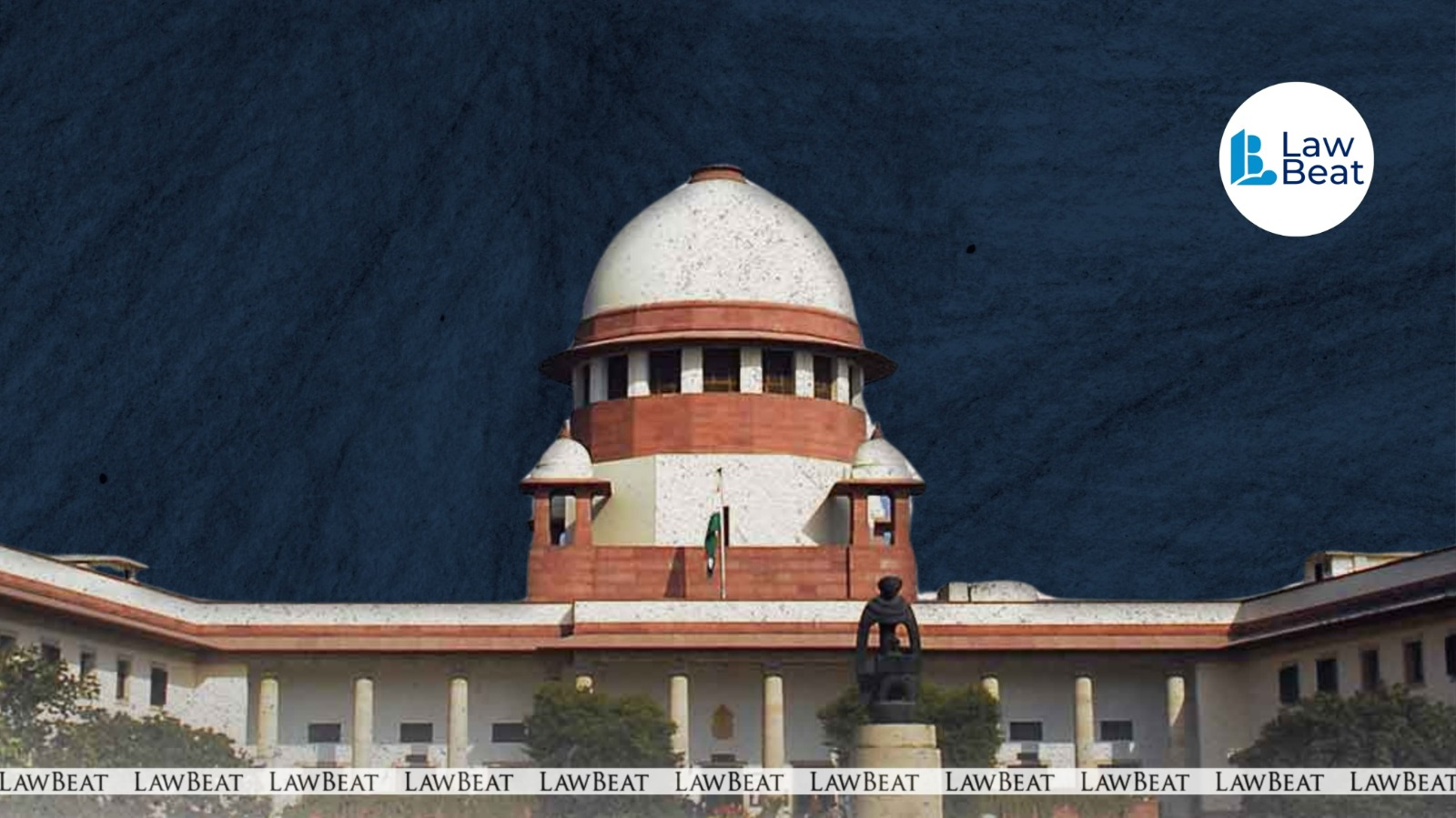'Res Judicata Equally Applicable in Criminal Matters': SC Quashes Cheating FIR Countering NI Act Case

Considering the context and the stage of the proceedings in which the matters stood and agitated before this court, there can't be any diversion in the applicability of the principle of res judicata, court said
The Supreme Court has on April 16, 2025, observed that the principle of res judicata applies equally to criminal matters. It ruled that findings recorded by the jurisdictional criminal court in proceedings under Section 138 of the Negotiable Instruments Act would be binding on both parties in any subsequent proceedings.
A bench of Justices Pankaj Mithal and Prashant Kumar Mishra allowed an appeal by one SC Garg and quashed the impugned criminal proceedings instituted against him for offences under Section 420 of the IPC, pending in the Court of Chief Judicial Magistrate, Ghaziabad.
The appellant challenged the order of April 28, 2017, passed by the High Court of Judicature at Allahabad, which dismissed his plea for quashing the proceedings.
The appellant was the Managing Director of the Company Ruchira Papers Ltd. With regard to issuance of 11 cheques in 1998, the company initiated proceedings under Section 138 of the Negotiable Instruments Act, which resulted in conviction of the opposite party, respondent RN Tyagi, in 2002. The respondent was sentenced to imprisonment till rising of court and to pay fine of Rs 3,20,385. Garg had instituted a suit for recovery of the amount involved under the seven dishonoured cheques in which ex-parte decree was passed and that too hasdbeen compromised upon payment of Rs 3,20,385 by Tyagi to Garg.
When 138 NI Act proceedings were pending between the parties, Tyagi moved an application under Section 156 (3) CrPC seeking registration of an FIR against Garg and the company inter alia alleging offence of cheating. The FIR came to be registered against Garg, and the company was not made an accused.
Upon filing of the charge sheet, the magistrate issued summons against Garg in 2002. The high court dismissed his plea for quashing the proceedings, forcing him to approach the Supreme Court.
The appellant contended that he could not be prosecuted for an offence allegedly committed by the company without arraying it as an accused. He said the impugned prosecution had been instituted as a counterblast to the concluded proceedings under Section 138 of the NI Act in which Tyagi was convicted and it eventually concluded by way of compromise before the high court. He also argued that the summoning order was without any reasoning showing complete non-application of mind.
The respondent, on the opposite, submitted that it was a subject matter of trial as to whether Garg encashed the amount involved in four cheques despite having received the amount by way of demand drafts separately given to him by Tyagi after all the cheques were dishonoured on the first occasion. According to him, it was a clear case of receiving double payment for the same dues, thus, committing cheating.
Having heard the counsel for the parties and upon perusal of the material on record, the bench said, "We are satisfied that the appeal deserves to be allowed, and the impugned chargesheet/criminal proceedings deserve to be quashed".
The finding recorded by the jurisdictional criminal court in 138 NI Act proceedings between the parties would be binding to both the parties in any subsequent proceedings involving the same issue, the bench emphasised.
In Sambasivam vs Public Prosecutor, Federal of Malaya, decided by a bench of five judges of the Judicial Committee (1950) opined that maxim res judicata is no less applicable to criminal than to civil proceedings, the bench highlighted.
Having referred to decisions, namely, Devendra & Ors Vs State of Uttar Pradesh & Anr (2009) and Muskan Enterprises & Anr Vs The State of Punjab & Anr (2024), the bench said, "We do not think that considering the context and the stage of the proceedings in which the matters stood and agitated before this court, there is any diversion in the applicability of the principle of res judicata".
After considering the facts of the matter, the bench said it was absolutely clear that Tyagi could not maintain a prosecution on the basis of allegations which were precisely his defence in the earlier proceedings wherein he was an accused. Thus, the present criminal proceedings deserve to be quashed on this ground alone, court held.
The bench pointed out, it was also to be seen that the business relation was between the two companies. The cheques and the demand drafts, as the case may be, were issued by one company to the other company, and no payment was made by Tyagi to Garg individually.
In the matter of Delhi Race Club (1940) Ltd & Ors Vs State of Uttar Pradesh & Anr (2024), this court has held that a person cannot be vicariously prosecuted, especially for offences under the IPC, merely on account of the fact that he holds a managerial position in a company without there being specific allegations regarding his involvement in the offence, the bench said.
The court in Iqbal @ Bala & Ors Vs State of Uttar Pradesh & Ors (2023) has underlined the court’s duty to look into the FIR closely and with care when the challenge is thrown on the ground that the prosecution is manifestly frivolous or vexatious, the bench stressed.
The bench finally held, "We unhesitatingly conclude that the present is a fit case for allowing the appeal to quash the impugned criminal proceedings instituted against the appellant for offences under Section 420 of the IPC".
Case Title: S C Garg Vs State of Uttar Pradesh & Anr
